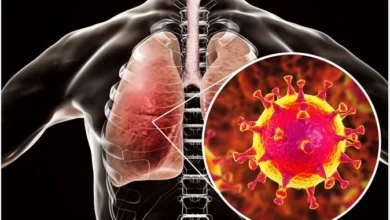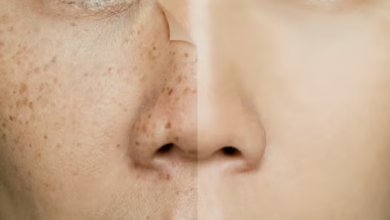Understanding Non-Alcoholic Fatty Liver Disease: Symptoms, Causes, and Treatment Options

Fatty liver disease is a common condition that can range from mild to severe and can lead to serious complications if left untreated. In this article, we will discuss the symptoms, causes, and treatment options for fatty liver disease.
Symptoms of Fatty Liver Disease
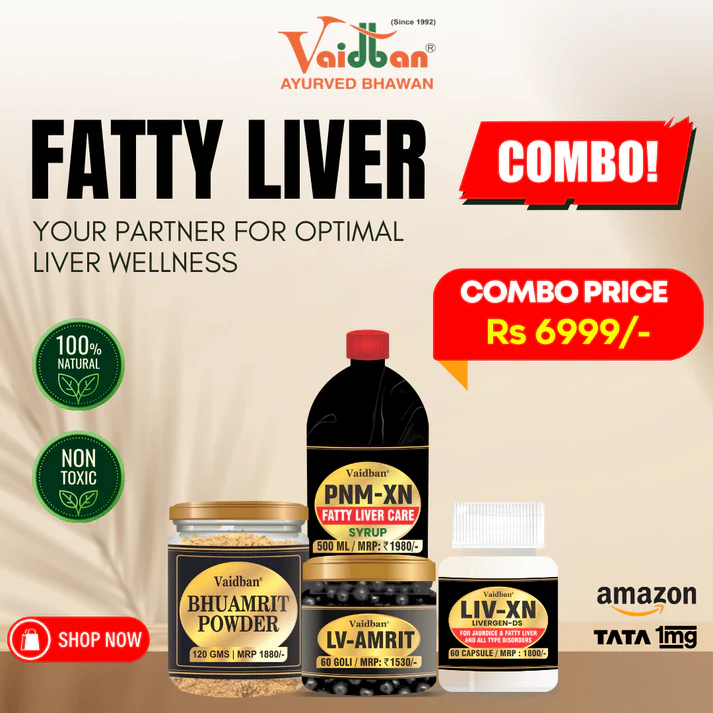
In the early stages of fatty liver disease, there may not be any noticeable symptoms. As the condition progresses, however, symptoms may include:
- Fatigue
- Pain or discomfort in the upper right side of the abdomen
- Enlarged liver
- Jaundice (yellowing of the skin and eyes)
- Itching
- Spider-like blood vessels on the skin
- Swelling in the legs and abdomen
If you are experiencing any of these symptoms, it is important to see a healthcare provider diagnosis and treatment.
Causes of Fatty Liver Disease
Fatty liver disease can be caused by a variety of factors. The most common causes include:
Obesity:
People who are overweight or obese are at a higher risk of developing fatty liver disease.
Type 2 diabetes:
People with diabetes are more likely to develop fatty liver disease.
1. High cholesterol:

High levels of cholesterol in the blood can contribute to the development of fatty liver disease.
2. Alcohol consumption:

Excessive alcohol consumption can lead to alcoholic fatty liver disease.
3. Genetics:
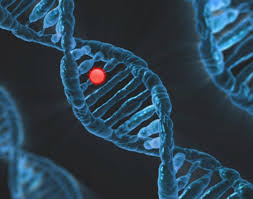
Fatty liver disease may run in families, indicating a genetic component to the condition.
Treatment Options for Fatty Liver Disease
The primary treatment for fatty liver disease is lifestyle changes. These include:
1. Losing weight:

Losing even a small amount of weight can improve liver health and reduce the risk of complications.
2. Exercise:

Regular physical activity can help reduce the amount of fat in the liver.
3. Diet:

A healthy diet that is low in fat and sugar can help improve liver health.
4. Avoiding alcohol:
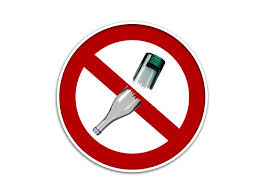
Even small amounts of alcohol can be harmful to the liver, so it is important to avoid it completely.
In some cases, medication may be prescribed to help manage the symptoms of fatty liver disease or to reduce the amount of fat in the liver. These medications may include:
1. Vitamin E:


This antioxidant may help reduce inflammation in the liver.
2. Pioglitazone:
This medication is used to treat type 2 diabetes but may also be effective in reducing the amount of fat in the liver.
3. Ursodeoxycholic acid:

This medication may help improve liver function and reduce inflammation.
In severe cases of fatty liver disease, liver transplant may be necessary.
In conclusion, fatty liver disease is a common condition that can have serious consequences if left untreated. The symptoms of fatty liver disease include fatigue, pain in the upper right side of the abdomen, and jaundice. The condition is caused by a variety of factors, including obesity, type 2 diabetes, high cholesterol, alcohol consumption, and genetics. Treatment options for fatty liver disease include lifestyle changes such as weight loss, exercise, and a healthy diet, as well as medication in some cases. If you are experiencing any symptoms of fatty liver disease, it is important to see a healthcare provider for diagnosis and treatment. Maintaining liver health is essential for overall health and wellbeing, so it is important to take steps to prevent and manage fatty liver disease.
you have any queries related to medical health, consult Subhash Goyal or his team members on this given no:+91 99150 99575,+91 99150 72372,+918283060000

